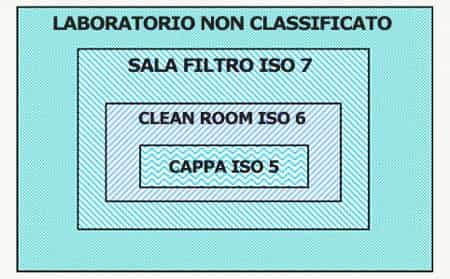Research destined to revolutionize the future of medicine has been published in the well-known journal Science: the birth of artificial life, i.e. artificial cells.
The architect of this was Craig Verter, renowned scientist, protagonist in 2000 of the Human Genome Project, pioneer of long-term experiments but also a character criticized by ethics commissions for his interventions in favor of artificial life. The experiment lasted for about 15 years, with the aim of creating an artificial chromosome, obtained from 4 DNA fragments of a bacterium, Mycoplasma mycoides , together with chemical substances with the support of a DNA synthesizer. Once obtained, the artificial chromosome was transplanted into another bacterium, Mycoplasma capriorum , deprived of its genome.
The demonstration that an artificial life had been created came from the development of bacterial colonies, in which the gene for the synthesis of the blue pigment had been transferred, which all showed the same colour. Craig Verter explains that the product of this experiment has no practical utility, but by transferring a specific gene into the bacterium, capable of synthesizing a certain marker or of regulating a particular function (metabolic, phagocytic, etc.), results can be obtained tangible.
The applications of this study are not just a random project but already a serious attempt to innovate in the field of immunology, in particular for the production of vaccines and in the field of environmental sciences, above all in the removal of biofuels, water pollutants and in the regulation of carbon dioxide concentrations.
This research has aroused various and discordant opinions, the President of the United States, B. Obama himself, is very cautious about the use and research on artificial life, however it must be specified that the great and risky discoveries are those that succeed in some way to positively change the course of history. Like stem cells, cloning and regenerative medicine, artificial life is and will always be a controversial field, however it must be said that positive progress cannot be held back, for the fear that omnipotence delusions and economic interests put danger to humanity. It must be the law capable of safeguarding the positive and constructive work of competent and capable scholars.
